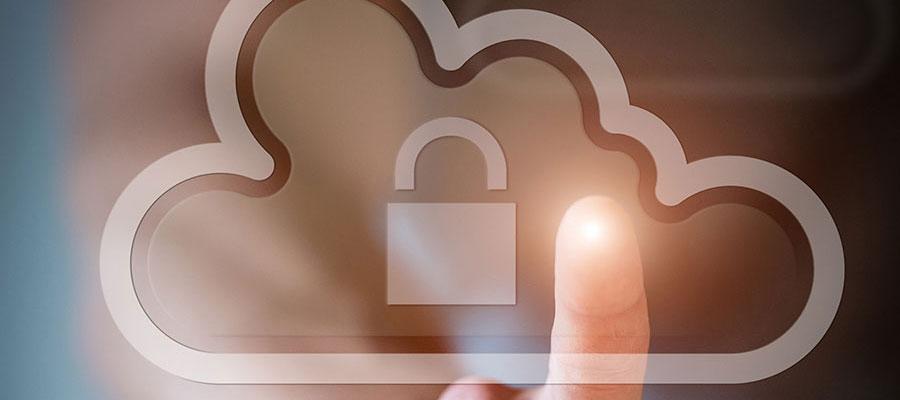HHS alerts health sector to coronavirus-related phishing campaigns

Cyber criminals are using the 2019 novel coronavirus to launch malicious phishing campaigns, the Department of Health and Human Services’ Office of the Assistant Secretary for Preparedness and Response reported today. According to ASPR’s Division of Critical Infrastructure Protection, phishing attacks have occurred through emails with attached Word documents offering supposed guidance on prevention infection, as well as PDF and MP4 file attachments. Hackers also have sent spam emails to users in Japan warning about a supposed new strain of coronavirus, the agency said. “There is an expectation that there will be more malicious email traffic based on 2019-nCOV in the future,” ASPR said. John Riggi, AHA senior advisor for cybersecurity and risk, advises this may be an opportune time to remind staff not to click on suspicious emails, links or attachments and for organizations to use a warning banner on emails originating outside the organization.

